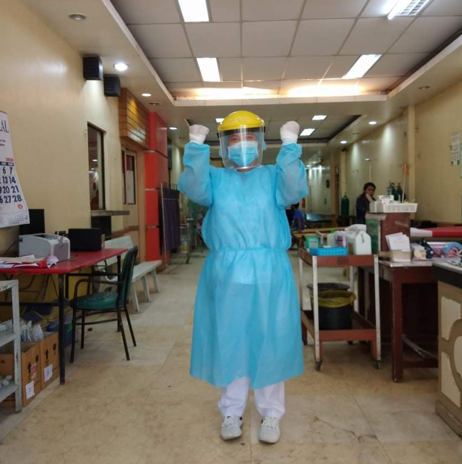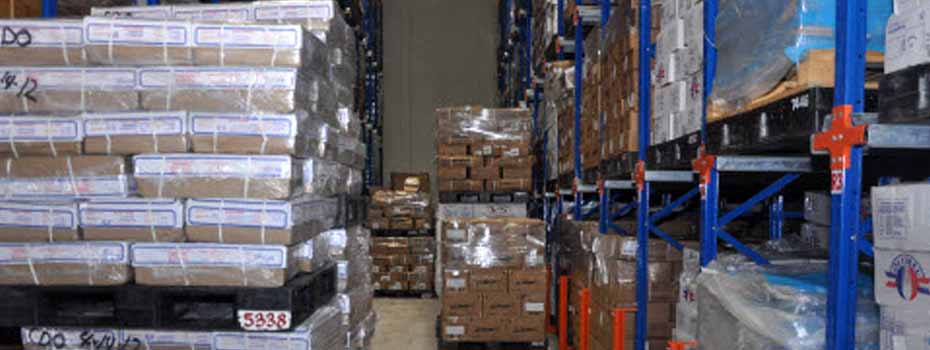BY AILDRENE ISRAEL TAN
Since it first spread internationally in January 2020, COVID-19 has put many health systems to the test. Around the world, hospitals and health workers are put under tough pressure as they battle a quickly spreading disease.
The Philippines is one of the first countries where the virus has spread to. In February 2020, it has recorded the world’s first COVID-19 death outside China.
The country has seen exponential growth in the number of people infected by the disease. In the period of March 6 to April 24, positive cases have jumped more than a thousand times, from just five to more than 7,000.
While many parts of the country are locked down to prevent the spread of the disease, health workers trained by The Fred Hollows Foundation continue to report to work – risking their lives as they fight to contain this global pandemic.
One of them is nurse Aizel Chico. On normal days, she works at the Ophthalmology department of Quezon Medical Center.
The provincial hospital needs nurses like Aizel to work double-time, even if it means taking twice the precautions.
“Yes, I’m one of the frontline workers responding to COVID-19. I am also pregnant so I should be twice as careful,” Aizel said.
“We don’t have enough staff, so even if my family doesn’t want me to be a frontliner, I myself volunteered to give my services as a health worker. I may be afraid for myself and my family, but I have no choice as this is my job to serve the people.”
Just like her, nurse Khera Kristine Tag-at from the province of Negros Oriental was called to serve during this unfolding crisis.
Khera is a nurse at the Negros Oriental Eye Center. On normal days, she would accommodate patients with eye diseases and vision problems.
Now, she has been re-assigned as a triage nurse responding to the COVID-19 crisis.
“We don’t have enough staff to respond to COVID,” Khera said.
For many health workers like Aizel and Khera, these professional decisions always have an implication on their respective families.
“At first, my husband was scared because we have children, but I explained to him why health workers like me are badly needed at this time.”
“He eventually allowed me to report, with the condition that whenever I go home, I change clothes immediately. I should call 10-15 minutes in advance so they could open our door, and then I can go straight to the bathroom. I am not allowed to hold our doorknob.”
“I am thinking about service. As a health care worker, I need to give my service especially during these times. Even if the gear we wear could be hot and uncomfortable, we need to make these sacrifices because it is our duty.”
The Fred Hollows Foundation honours the work of frontliners like Khera and Aizel. In this special time, as they shift towards a more urgent cause, the importance of training health workers and strengthening health systems couldn’t be emphasised more.
Since its establishment, The Fred Hollows Foundation has invested in training doctors and nurses like Aizel and Khera to multiply the impact and reach of health systems. More than 25 years later, this mission hasn’t changed.
Like the rest of us, Khera looks forward to the day when this crisis will be over.
“I am still looking forward to serving my eye patients. I’m still in communication with our partner optometrists and ophthalmologists. Working at the eye clinic makes me happy, and it touches me deeply, especially when I see patients after their operation.”








Leave a Reply